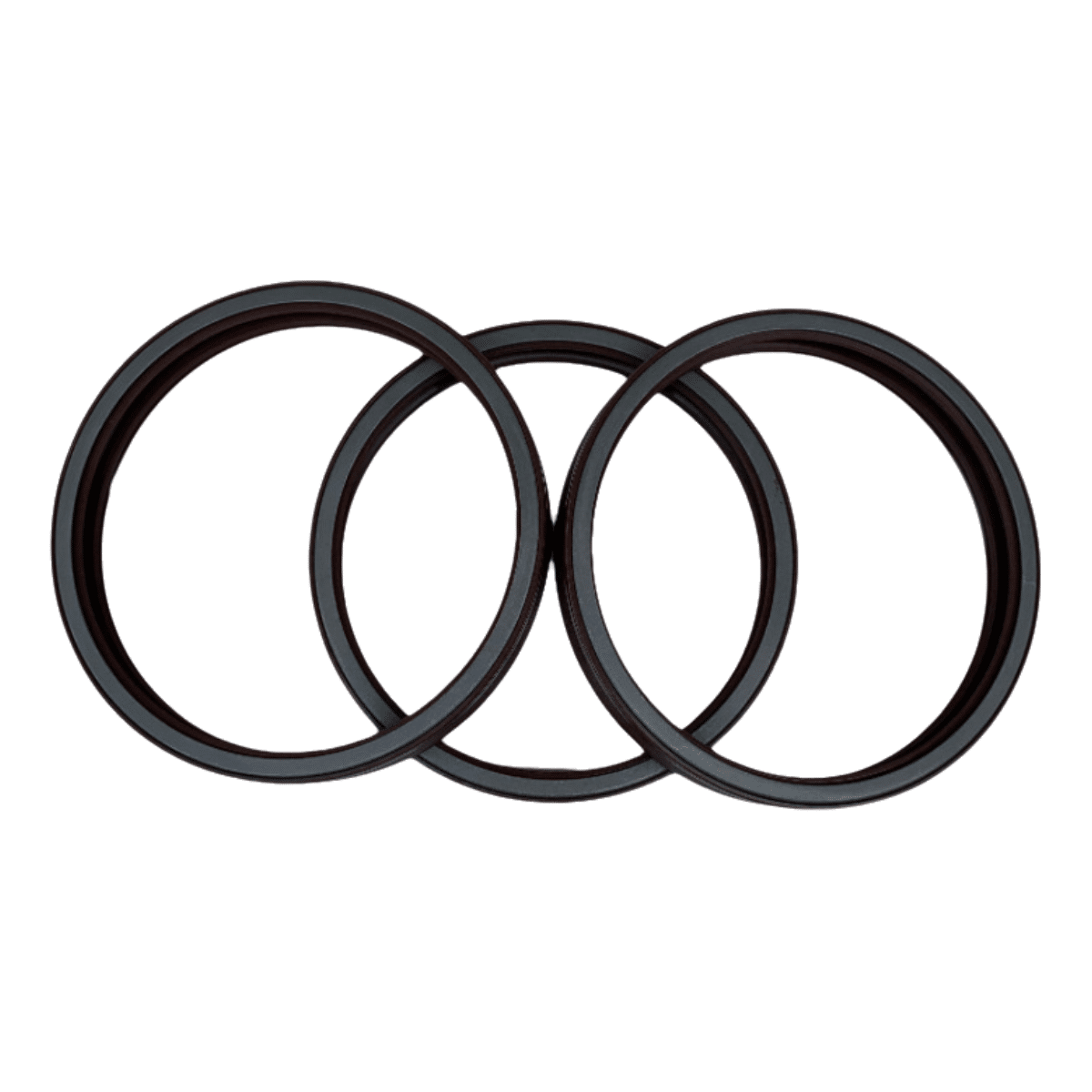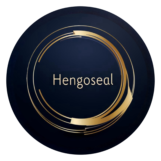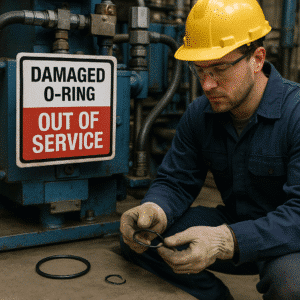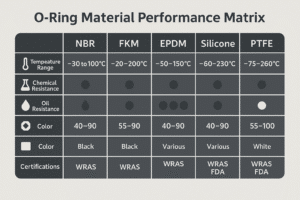Running heavy machinery under extreme pressure and heat? One wrong oil seal can lead to costly downtime. So, should you choose OEM or aftermarket oil seals for industrial reliability?
For hydraulic presses, excavators, and high-load systems, using a properly matched oil seal ensures long-lasting performance — especially in environments where failure means production loss.

In industrial settings, seal choice isn't just a part — it’s a productivity safeguard. Let’s explore how OEM vs aftermarket seals behave when put to the test in real-world stress scenarios.
Why Heavy Machinery Requires Application-Specific Oil Seals
Industrial machines often run continuously, exposed to heat, vibration, pressure surges, or chemicals. In these conditions, a poor seal doesn’t just leak — it causes performance loss and system failure.
That’s why our customers choose high-quality OEM oil seals for hydraulic and shaft systems where precise tolerances and FKM materials are essential.
OEM vs Aftermarket: Which Performs Better in Harsh Environments?
| Feature | OEM-olietætninger | Eftermarkedsolietætninger |
|---|---|---|
| Tolerance | Exact fit to equipment specs | May vary by batch or supplier |
| Materiale | Verified FKM/NBR with durability testing | Sometimes unknown blends |
| Certification | ISO, REACH, RoHS available | Varies widely |
| Fitment & Pressure Resistance | Matched to shaft loads | May deform under pressure |
| Koste | Slightly higher | Lower upfront, higher replacement rate |
When outfitting mining trucks, clients often report extended seal life and better resistance using HANDE 469 differential oil seals, built to maintain integrity at high axle torque and shock loads.
When Should You Choose OEM Seals in Industrial Applications?
If your operation runs high-output, high-value equipment, OEM seals are a must. For example:
- Forging presses or injection molding machines
- Excavators and heavy dumpers
- Oil & gas pipelines
- High-speed rotating shafts
In one case, a forklift manufacturer upgraded from generic parts to our TC skeleton oil seal with metal case and achieved 2× seal life and 35% fewer service requests in one quarter.
Can Aftermarket Seals Ever Be a Safe Choice?
Yes — in low-pressure, non-critical systems, or when OEM parts are discontinued, quality aftermarket seals work well.
To help with selection, our OEM vs aftermarket oil seal comparison guide outlines pros and cons clearly. But remember, not all aftermarket seals are equal — supplier quality makes all the difference.
Evaluating Industrial-Grade Seals: What to Look For?
Whether OEM or aftermarket, check:
- Material composition: avoid recycled rubber or filler-blended elastomers.
- Dimensional accuracy: especially for dynamic rotary shafts.
- Oil and heat resistance: ideally rated for ≥150°C and high RPMs.
- Sealing lip design: single vs. double vs. combo lip based on your environment.
If you’re unsure about fitment or part replacement, use our krydsreferencediagram for olietætning — a fast way to find compatible specs.
Konklusion
In heavy-duty applications, sealing failure is not an option. Choosing between OEM and aftermarket should depend on your system’s load, heat, and failure cost — not just unit price.
Related topic
Oil Seal vs O-Ring: Key Differences
Choosing the Right Rotary Shaft Seal
Case Study: Reducing Seal Failures by 30%
Don’t Let Seal Failure Shut You Down — Partner with Hengoseal
Looking for industrial-grade oil seals that withstand heat, pressure, and vibration?
Hengoseal offers OEM-quality products with global delivery and low MOQ.
- E-mail: [email protected]
- WhatsApp: +86 17622979498
Let us help you find the right solution today.


